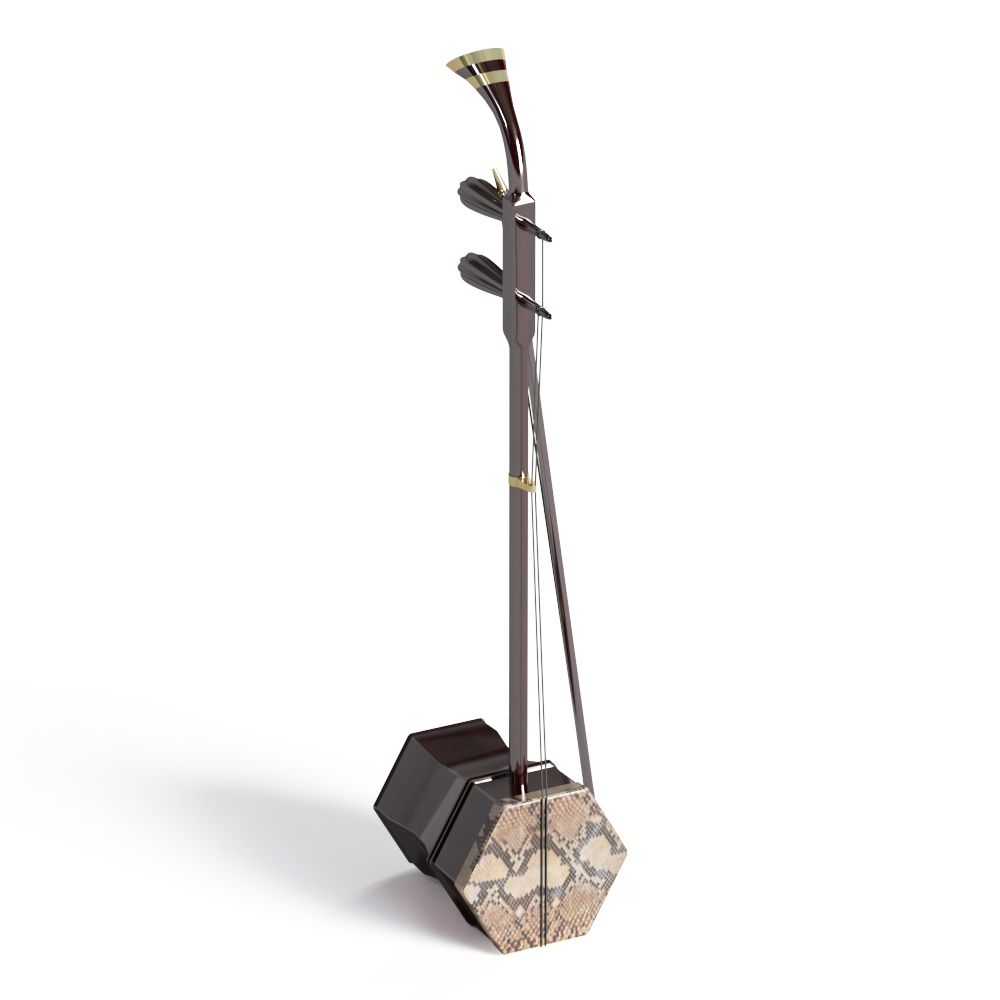After practicing the basic skills of erhu, you can get twice the result with half the effort when you start playing.
There is a kind of customer that makes erhu manufacturers a headache: a well-chosen erhu in the video, the sound is very discordant, inaccurate, dry, and various noises, just like the legs of a sawing machine. Then push all this to the erhu manufacturer, saying that the quality is not good, the sound quality is poor... If the situation is better, it is to check whether the rosin, strings, sound pads, and piano keys are in place under the guidance of the erhu manufacturer, and then move the bow smoothly with the empty strings. After a while, things got better; almost temperamental customers, aside from that - I'm going to return it!

Many people like erhu because they like the beautiful music played by the soft tone of the erhu, so when they learn the erhu, they can't help but rush for success, and they start the music as soon as they come. Often a very simple piece of music takes a long time to become familiar with, and the so-called familiarity here is only the familiarity in its own sense, which is a rigid and rigid memory of each note, rather than a real familiarity with how the piece should be. Play with erhu. It is undeniable that this type of erhu lovers have a very good sense of music. They don't read the score, but rely on memory to determine the pitch and find the position, and then rely on multiple connections to remember the position, so as to achieve the effect of being able to play a piece of music.
There is such an uncle who came to buy the erhu. He has been playing the erhu for almost a year. He can play a few very simple pieces completely, but changing the bow and changing the strings is a mess, and the quality of the notes is even more uneven. The manufacturer's erhu teacher gave him more than two hours of guidance and corrections on "Good Night" on the spot. After pulling it a few times in the correct way, both his movements and the song itself are much smoother. The uncle was as excited as if he had opened the door to a new world: "I just said why it was so awkward to pull in several places before, it's much more comfortable." There were several places before that I felt that it was too late to change the bow, and I thought it was too difficult. Well, it turns out that I made a mistake in front of me. One wrong bow change, there will be a chain reaction in the back, and it will go on and on.
The root cause of these problems is that they have not practiced the basic skills well.
Practicing empty strings, fingers, longbow, and changing handles... These basic skills are very boring. In the classroom where some children practice the empty strings, it is not uncommon for them to doze off while practicing. However, solid basic skills are essential for the performance of the music in the future. Practicing basic skills is a stable process of bowing and pressing strings, and is a process of familiarizing yourself with intervals and positions. Basic skills allow you to draw inferences from one case and quickly become familiar with the music, rather than memorizing it by rote.
Many teachers and performers who have reached a certain level of erhu skills will continue to practice open strings. For a song of the same difficulty, it takes a year and a half to practice the basic skills, and you can get started in a few days. Without the basic skills, it may take a month to pull it off smoothly. The depth of the basic skills means that you have a solid understanding of the erhu instrument, and the basic skills are solid. Even if you don’t know the music score, you can clearly tell when to change the bow and strings. The performance will be smoother and the pronunciation will be even. When you start a new piece Do more with less.
 渝公网安备 50010702504639号
渝公网安备 50010702504639号